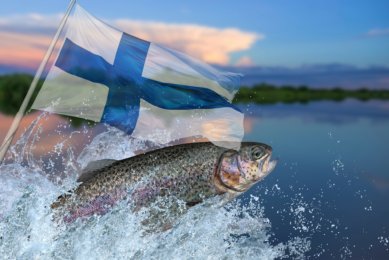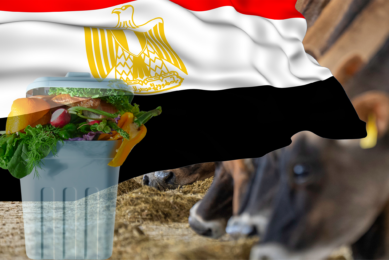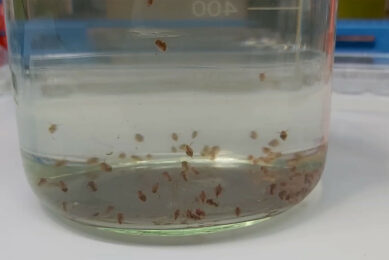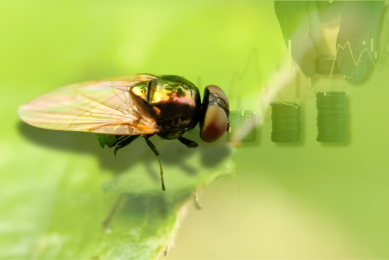A study supports the usage of food waste in feed production
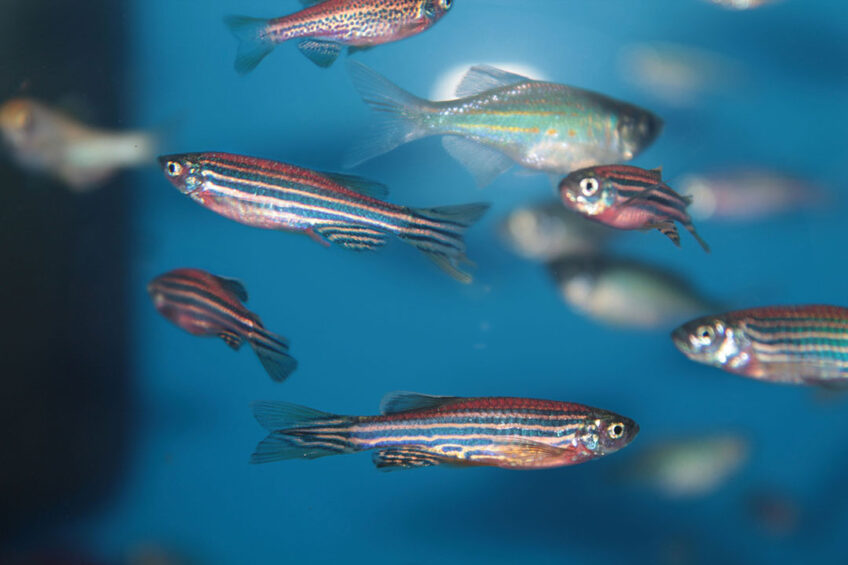
A group of scientists from the Russia’s Plekhanov Russian University of Economics claimed that supermarket waste when added to feed production, has no negative impact on the genome of farmed animals.
The study, ordered by the Russian Ecological Operator – a government agency authorised to supervise waste management – confirmed that grain flour, meat, eggs, fruits, vegetables and several other products with expired shelf life have no “genotoxicity”, and if properly treated, can be used to manufacture animal feed.
The scientists fed fish Danio rerio using recipes involving tangerines, apples, cabbage, beets, buckwheat, carrots and several types of bread with expired shelf life. It was explained that Danio rerio was picked for the trials because “it reacts to toxic substances in the same way as higher vertebrates and can be used to track chemicals that have teratogenic or carcinogenic potential in humans”.
No mutations
“This small fish is often used as a model for xenobiotic tests. This is the name of alien living organisms that are not included in the biotic cycle,” the scientists said, adding that they ran 3 cycles of a 15-day experiment involving 550 units of Danio rerio.
During the trials, “the threshold of genotoxicity” never exceeded the normal level, as shown by the follow-up laboratory trials. This means that animals consuming feed made from expired food waste did not have mutations, the scientists claimed.
This is a very good initiative; it even comes a little late, one might say because the [retail] chains are ready.
Ready-to-use solutions
Based on the results of the studies, the scientists also developed livestock diets that contained expired food. For example, feed for young sheep older than 4 months, according to scientists, can be produced from expired products such as wheat, barley, squid, pollock, long loaf, apples, and white cabbage.
In turn, bread, buckwheat, beets, cabbage, carrots, apples, oranges and expired tangerines can be used to manufacture fish feed. The scientists claimed they also developed recipes for goats, cattle, poultry, pigs, rabbits, and some other species but have not provided additional details.
Returning food waste into circulation
Denis Butsaev, director of the Russian Ecological Operator, welcomed the results of the study, promising that it could help return food waste into circulation as animal feed or fertilisers. He added that it is planned to sell food waste through the electronic trading platform for recycled materials, which is yet to be set up.
Arseniy Vlasov, general director of MegaMix Center LLC, told local news outlet Veterinary and Life: “This is a very good initiative; it even comes a little late, one might say because the [retail] chains are ready. All over the world, the practice of using waste to manufacture feed is generally accepted and has been used for 30 years.”




